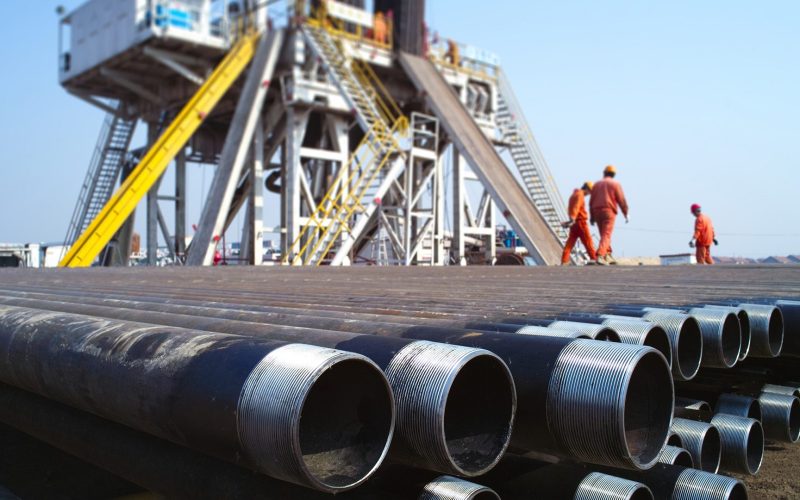THE VOICE FOR THE ENERGY CONSUMER

Coastal Governors Announce Formation of Outer Continental Shelf Governors Coalition U.S. State Officials Use OTC Conference As A Forum to Discuss More Federal-State Communication on Oil and Gas Development in.
May 2011 CEA Newsletter Issue 50 While you read this newsletter In the time it takes you to read this month’s newsletter, the United States will have imported thousands of.
What can you buy for $116 billion? When it comes to imported oil, not all that much actually. $116 billion is the amount the United States has spent on imported.
More Energy Now Tells Obama Administration to Reduce Dependence on Foreign Oil Consumer Energy Alliance launches online campaign giving consumers direct line to the White House HOUSTON – America’s dependence.
Long known as a great source of energy for heating our homes and cooking our food, natural gas is increasingly being called upon these days to fuel something entirely different:.
David Holt Guest Columnist Anniversaries have long provided us a chance to look back on the past, look ahead to the future and stare straight into the eyes of the.
A new study about the footprint left by natural gas has been receiving a lot of attention for its controversial finding that the greenhouse gas (GHG) emissions from natural gas.
It’s nearly impossible to read, watch or listen to the news lately without updates on the uprisings in the Middle East. While some may view these events, tragic though they.
Consumer Energy Alliance Welcomes New Member Iowa Motor Truck Association HOUSTON – April 20, 2011 Consumer Energy Alliance (CEA) is pleased to welcome the Iowa Motor Truck Association (IMTA) as.
This week in energy we have watched gas prices reach a new two-year high along with lots of concern, speculation and fear that prices are headed even higher. We also.